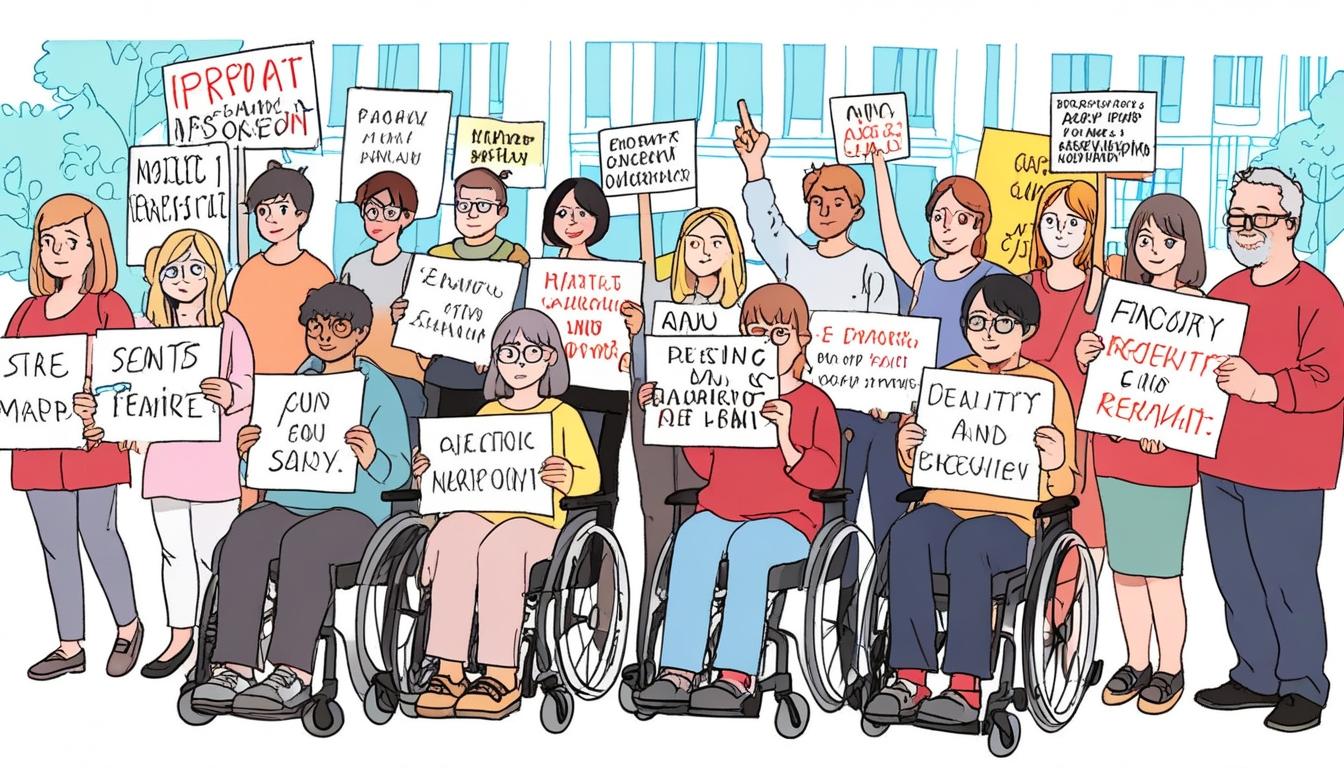The Department for Work and Pensions (DWP) is preparing to implement significant reforms to the eligibility criteria for the Personal Independence Payment (PIP) benefit, scheduled to take effect from November 2026. These changes include a new requirement that claimants must score a minimum of four points in at least one of the daily living component questions on the PIP assessment form to qualify for the disability payment.
There are ten questions on the daily living health questionnaire, known as the PIP 2 evidence form, which constitute the primary part of a PIP application. The proposed reform will particularly impact those whose primary conditions are among neurodivergent disorders.
Sir Stephen Timms, Minister for Social Security and Disability, revealed recent data indicating that as of January, around 8,200 claimants in England and Wales who received the standard daily living component rate (£73.90) did not meet the minimum four-point threshold across the ten descriptors. These claimants had autism registered as their primary condition. Sir Stephen added that the total number of claimants affected by the reform with primary neurodivergent conditions—including autism, dyslexia, dyspraxia, ADHD/ADD, and Tourette’s Syndrome—reached approximately 21,600.
In a written response to Conservative MP Bob Blackman, who inquired about the number of autistic and neurodivergent claimants affected by the changes, Sir Stephen clarified that some individuals with neurodivergent conditions might not be clearly identifiable from available data if those conditions are secondary or not the primary diagnosis. He also acknowledged that the full scope of the reform's impact will only become clear after claimants undergo their first award review under the new rules starting in November 2026.
The Minister pointed to forthcoming publications and ongoing analysis related to the "Pathways to Work" Green Paper, which outlines the reform agenda designed to enable more people to participate in the workforce. These documents will provide additional insight as the reforms are developed further.
In response to concerns about the assessment process, an online petition has been launched by Emma O'Hara on the UK Government’s petition platform. The petition urges a review of the PIP assessment approach to better accommodate neurodivergent claimants and those affected by trauma. It calls for healthcare professionals involved in assessments to receive training in trauma-informed practice and for greater recognition of supporting evidence from health and social care workers. The petition also emphasises the need for PIP assessors to work collaboratively with claimants to identify support measures that help them live independently and critiques decisions made without full claimant understanding as dehumanising.
Should the petition reach 10,000 signatures, it will trigger a formal government response, and reaching 100,000 signatures would prompt consideration for parliamentary debate.
The Daily Record is reporting this evolving story as the UK Government prepares to implement these significant changes to PIP eligibility criteria, which will affect thousands of people with neurodivergent conditions across England and Wales. Further updates and detailed analyses are expected as the implementation date approaches in late 2026.
Source: Noah Wire Services
